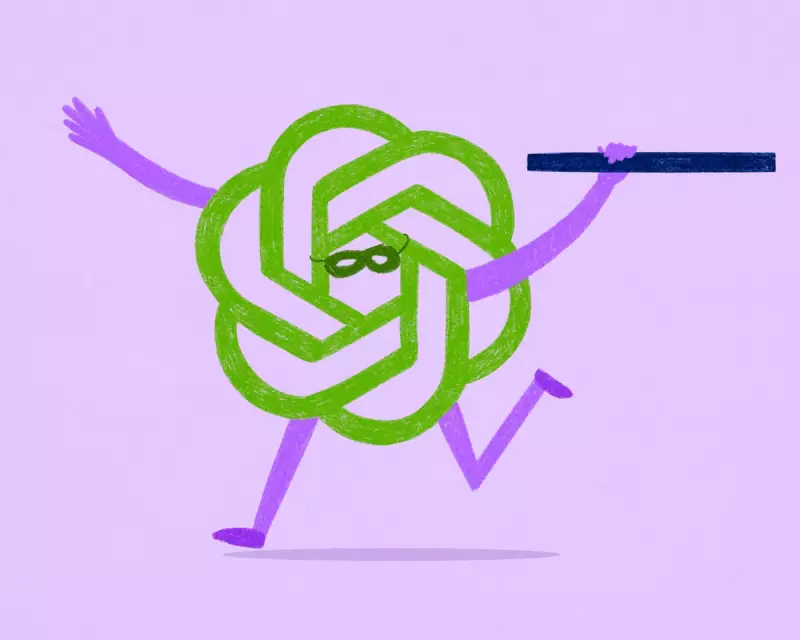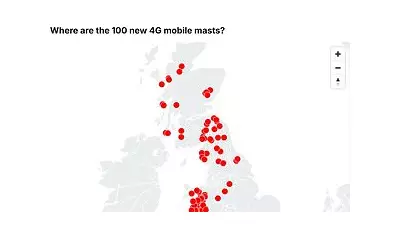
The distinctive rhythm of professional writing—that carefully crafted flow punctuated by the elegant em dash—is facing an unprecedented challenge. Artificial intelligence systems are not just generating content; they're learning to mimic the very stylistic flourishes that define human writers' voices.
The Unmistakable Mark of Human Writers
For centuries, writers have developed signature styles through years of practice and refinement. The em dash—that longer horizontal line used to create emphasis or pause—has become a hallmark of sophisticated writing. It represents the natural cadence of human thought, the dramatic pause, the aside that adds depth and personality to prose.
Now, AI writing tools are analysing millions of documents and learning to replicate these stylistic choices with alarming accuracy. The technology isn't just producing generic content; it's learning what makes writing feel human—and reproducing it at scale.
An Existential Threat to Creative Professionals
Many professional writers are watching with growing concern as AI systems become increasingly adept at mimicking their hard-won stylistic signatures. What was once considered uniquely human—the ability to develop a distinctive writing voice—is now being replicated by algorithms.
The implications extend beyond simple competition. When AI can reproduce not just content but style, it challenges the very foundation of creative writing as a profession. Writers who have spent years developing their craft now face systems that can analyse and emulate their most distinctive features in seconds.
The Economic Impact on Writing Careers
The financial consequences are already becoming apparent. Many writers report seeing their distinctive phrasing and stylistic choices—including their use of em dashes—appearing in AI-generated content. This represents more than just imitation; it's the systematic replication of creative identity.
As businesses increasingly turn to AI for content creation, professional writers face not just reduced opportunities but the appropriation of their unique voices. The very elements that made their writing valuable and distinctive are being absorbed into AI systems that can reproduce them endlessly.
Beyond the Em Dash: The Broader Implications
The issue extends far beyond punctuation choices. AI systems are learning to replicate:
- Sentence rhythm and pacing
- Metaphor and analogy patterns
- Humor and tone variations
- Structural approaches to argument
- Narrative techniques and storytelling methods
This represents a fundamental shift in how we understand creativity and intellectual property in the digital age.
The Future of Human Writing
As AI continues to advance, writers and the publishing industry face critical questions about authenticity, originality, and the protection of creative style. The em dash has become a symbol of this larger struggle—a small but significant marker of human creativity now being replicated by machines.
The conversation is no longer just about whether AI can write, but about what happens when it can write exactly like us—complete with all our favourite stylistic quirks and punctuation preferences.





